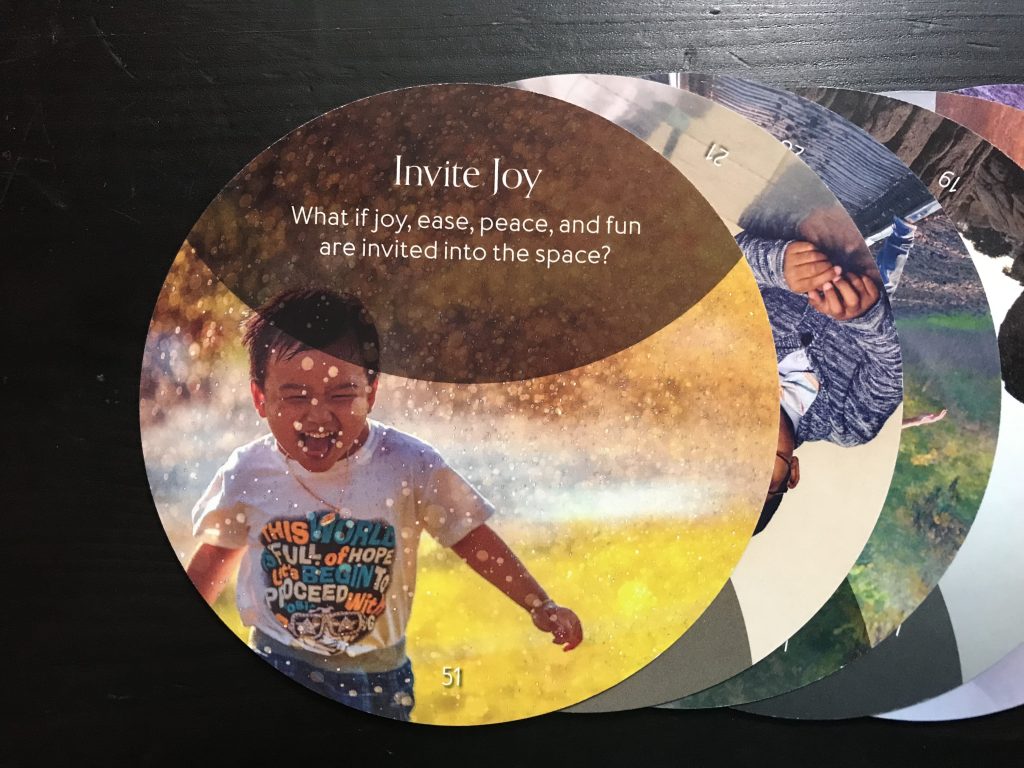
Recently I learned about the Navajo ceremony that honours a baby’s first laugh. Whoever is the first person to make a baby laugh is expected to throw a dinner party on that baby’s behalf. In one account of this tradition, the person who had to throw such a party (the baby’s aunt) also had to give that baby the gift of turquoise.
The Navajo believe that when a baby is born, she belongs to two worlds: the spirit world and the physical world. The first laugh is seen as a sign of the baby’s desire to leave the spirit world and join her earthly family and community. Further, the Navajo believe that laughter is a sign that people understand the meaning of k’é (kinship).
This ceremony (and the belief around it) delights me for so many reasons. First, it feels so meaningful to give laughter such an elevated place in one’s spiritual journey. (Maybe that’s why some of my funniest friends are Indigenous – they know the value of laughter.) Second, while it’s an expensive commitment, I love the idea of placing the responsibility for hosting the celebration on the laugh-instigator. Playing with a baby takes on a whole new meaning when you might be the one to set this all in motion. Third, I love the idea of community gathering for a feast in honour of laughter. It seems that a community built on that foundation has a lot going for it.
While I wouldn’t go so far as to appropriate this ceremony or belief, I wonder how we could let it inform us. How might it change our spiritual practices and gatherings if we believed that laughter is as spiritual as prayer or anything else? What if we gathered for feasts to honour a person who’s been on a hard journey and has learned to laugh again? What if those of us who are facilitators and community-gatherers put laughter on the list of priorities for every gathering?
Though I grew up in a spiritual tradition that’s not known for placing laughter at the centre, I was lucky enough to be part of a family that knew the value of laughter. Whenever we gathered, especially if my dad’s sisters were present, there was certain to be laughter in our midst. The sound of my aunts laughing is one of the things that feels most like home to me.
We’ve all been through a lot in the last year and a half, with the pandemic separating us from our communities and diminishing our opportunities for laughter. I think that right now, as we emerge from this pandemic, we’re in a moment in history when we are especially in need of the healing power of laughter. We need to gather with our families, friends, and communities and we need to feast and laugh until our bodies feel reconnected with each other and with the spirit world.
